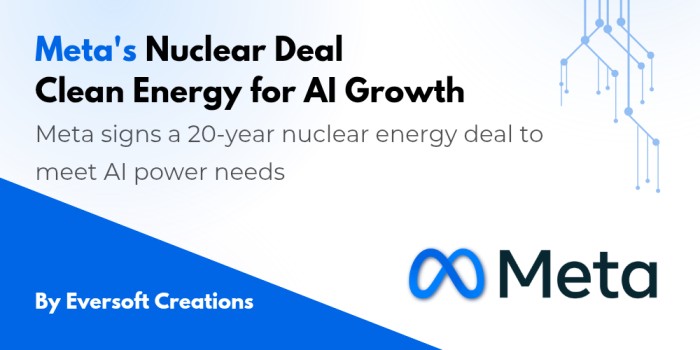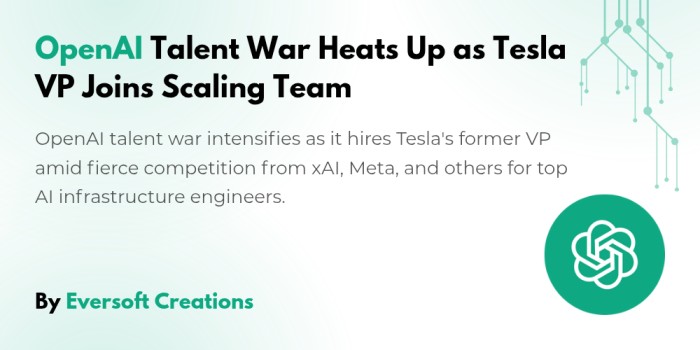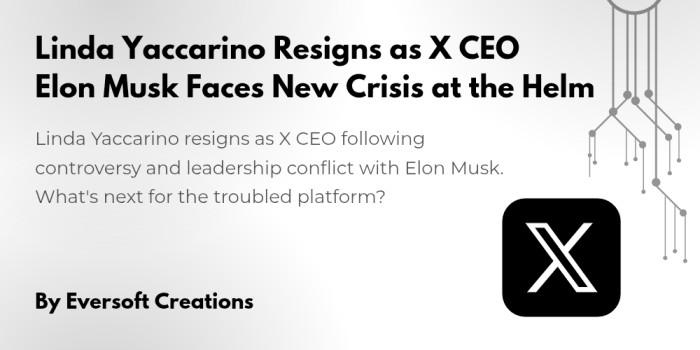Introduction
Meta Platforms Inc. (earlier known as Facebook) has taken a pioneering action by contracting to purchase nuclear electricity for 20 years from the Clinton Clean Energy Center through Constellation Energy. Seeking quiet, sustainable sources of energy is becoming a trend among leading technology firms helping AI to develop faster and more smoothly. As AI keeps transforming different industries, it is also affecting the world’s energy system. This blog explores Meta’s arrangement with a nuclear energy company, how it will affect AI in the future and why tech companies are increasingly choosing clean energy.
Understanding the Deal: Meta and Constellation Energy
On 3 June 2025, Meta released a statement saying it would collaborate with Constellation Energy to buy clean nuclear energy for its data centers in the future. From 2027, Meta will be receiving a lot of electricity from the Clinton Clean Energy Center which is a nuclear power plant in Illinois. Because of this deal, Meta can power its growing data and AI services using stable and climate-friendly energy.
Key highlights of the agreement include:
- Duration: 20 years, beginning in 2027.
- Power Supply: The Clinton facility generates 1,121 megawatts of nuclear energy and will add another 30 megawatts to the grid to support Meta’s operations.
- Sustainability: Nuclear energy is one of the few carbon-free sources capable of delivering baseload power 24/7.
- Economic Impact: The deal supports over 1,000 jobs and contributes $13.5 million annually in local tax revenues.
Why Nuclear Energy?
Although there are many arguments about it, nuclear power is an indispensable source of energy worldwide. Because it provides a lot of energy with zero carbon emissions, it stands out as an appealing choice for companies aiming for net-zero emissions.
Advantages of Nuclear Energy for AI Infrastructure
- Carbon-Free Electricity: Nuclear energy plants do not emit greenhouse gases as they operate which matches Meta’s strategy for using clean energy.
- Baseload Power: Both AI applications and data centers must have electricity that does not go out. Nuclear energy can be depended on for power constantly, unlike wind and solar which are not always available.
- Scalability: When more work is being done by AI, we need more electricity. Nuclear energy can be relied upon to meet energy demands better than a number of renewable sources.
- Energy Security: Plans for nuclear plants made years in advance allow countries to rely on energy regardless of oil price changes and global political shifts.
AI’s Growing Appetite for Power
AI development means using and running difficult algorithms on top-quality computer systems. A lot of electricity is needed for these processes. Meta’s AI programs which include the LLaMA family, use a lot of computational resources.
Factors Driving Energy Consumption in AI
- Data Center Expansion: Meta continues to build and expand data centers worldwide.
- Model Training: Training advanced AI models takes weeks of non-stop computation.
- Inference Workloads: Running trained models across Meta’s platforms (Facebook, Instagram, WhatsApp) involves constant energy use.
A study performed at the University of Massachusetts Amherst found that the carbon emissions of one trained AI model could match those of five cars over their life expectancy if running on fossil fuels. Switching to clean energy is necessary not just a good idea for our environment.
Industry-Wide Shift to Clean Energy
Meta shares this belief with many other companies. Other large technology companies are taking the same steps.
- Microsoft partnered with Helion Energy, a nuclear fusion company, to source future energy.
- Amazon is investing heavily in wind and solar farms.
- Google aims to run entirely on carbon-free energy by 2030.
It now shows that technology goes beyond consuming energy and is an important factor in shaping the production and use of energy.
Economic and Environmental Implications
It is predicted that the effect of the Meta-Constellation deal will be extensive.
Local Economy Boost
- Job preservation and creation in Illinois.
- Increased tax revenues for local governments.
- Support for regional energy infrastructure.
Environmental Impact
- Reduction in reliance on fossil fuels.
- Lower greenhouse gas emissions.
- Set a precedent for other companies to follow suit.
Challenges and Criticisms
Despite its benefits, nuclear power is not without its critics:
- Nuclear Waste: Long-term disposal of radioactive waste remains unresolved.
- High Upfront Costs: Building and maintaining nuclear facilities is expensive.
- Public Perception: Past incidents like Chernobyl and Fukushima have created lasting fears.
Leveraging Meta’s involvement could improve the general feeling towards nuclear power by showing people it’s about the environment.
The Road Ahead for Meta and AI
Meta wants to be a leader in both artificial intelligence and environmental stewardship as shown by this deal. As Google’s AI and data infrastructure get more advanced, making sure it has reliable power will be very important.
Future developments to watch:
- Deployment of small modular reactors (SMRs) for on-site energy production.
- Integration of nuclear power with other renewable sources.
- Increased transparency in energy usage and sustainability metrics.
Conclusion
Meta’s deal with Constellation Energy on nuclear energy is a significant event for the technology industry. It supports the increasing power needs of AI by also helping move toward sustainable energy. By getting a reliable energy solution from nuclear energy, Meta is working for both the growth of AI and the benefit of the planet.
Because AI is growing, understanding how fast we can power this change will be a key challenge—and chance—for today’s world. Meta’s attempt to use nuclear power could encourage the clean and smart energy revolution.
For more tech related updates visit Eversoft Creations.



